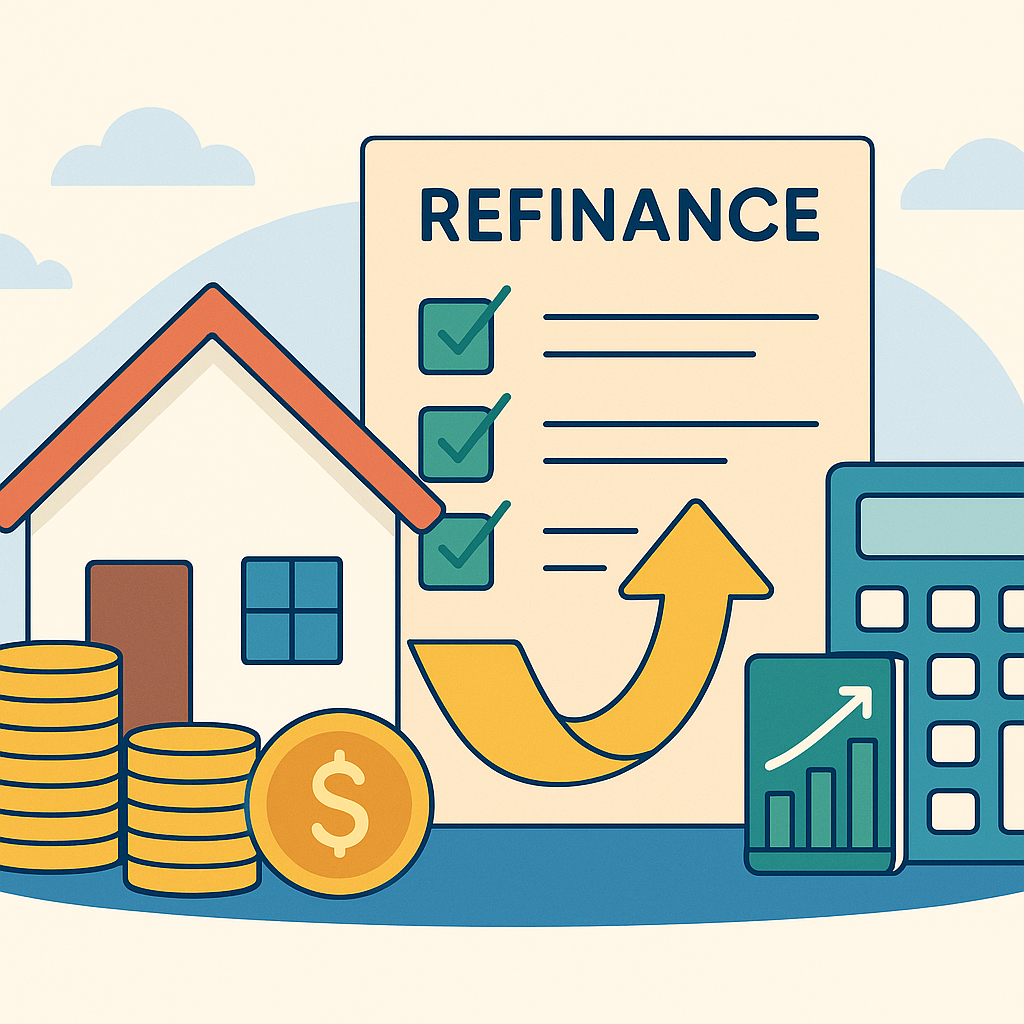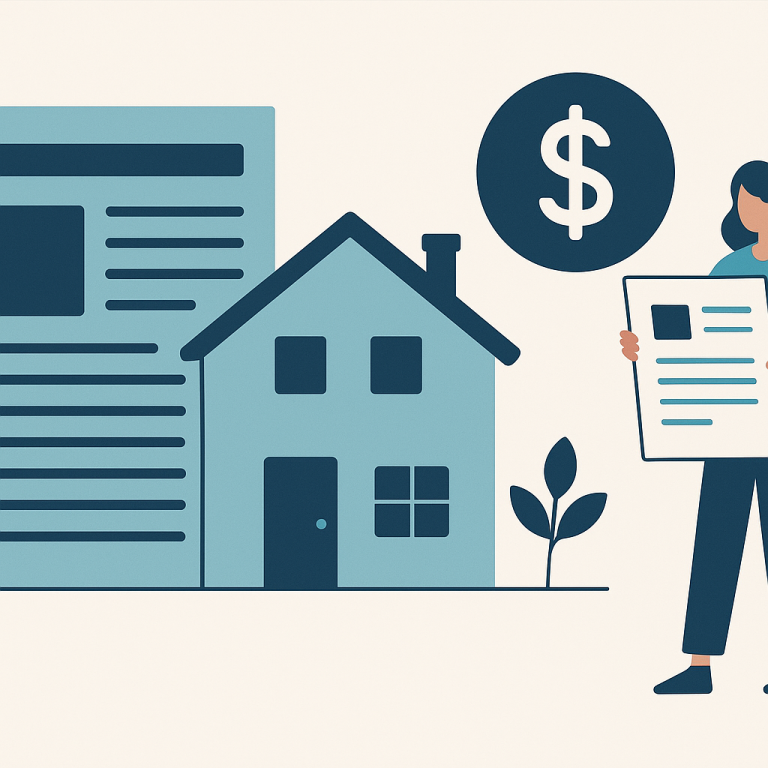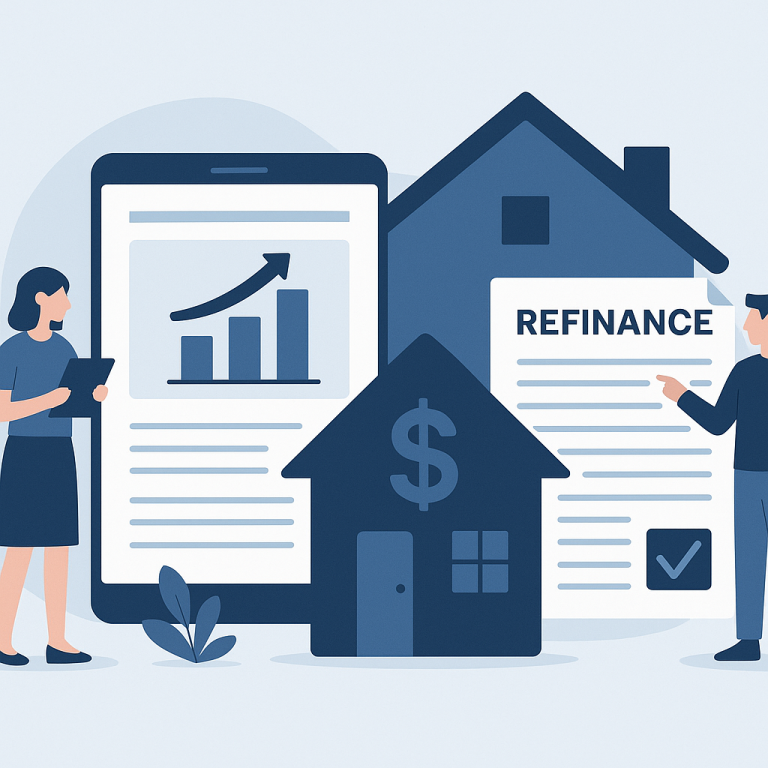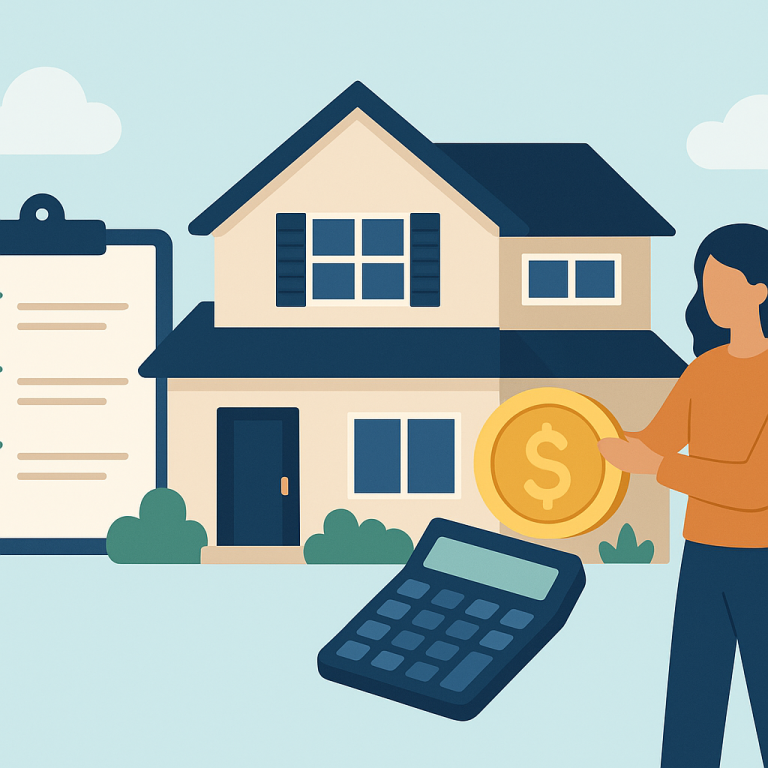Refinance guide are refinance points tax-deductible
Are refinance points tax-deductible?
If you paid points when you refinanced your mortgage, you probably want to know whether you can deduct them on your tax return. The short, practical answer for most homeowners: points paid to refinance are generally deductible, but not all at once. They must usually be deducted over the life of the new loan (amortized), with a few specific exceptions. Below is a clear, homeowner-friendly guide to what that means, when it makes sense, and how to handle the tax side correctly.
What refinance points are and when deducting them makes sense
“Points” are prepaid interest you pay at closing to lower your mortgage interest rate (discount points) or fees the lender charges (sometimes labelled points). One point equals 1% of the loan amount. On a refinance, points reduce your ongoing interest rate and are effectively prepaid mortgage interest.
Deducting points makes sense when you itemize deductions on Schedule A (you do not get a tax benefit if you take the standard deduction) and when the amortized annual deduction provides meaningful tax savings compared with the cost paid at closing.
How the tax treatment works: benefits and drawbacks
Benefits
- Tax-deductible over time: For most refinances you can deduct points, but you spread the deduction over the life of the loan, which provides a recurring tax benefit each year.
- Potential for full deduction upon payoff: If you pay off or refinance the loan again, any remaining unamortized points generally become deductible in the year the old loan is paid off.
- Mortgage interest tax treatment: Deductible points reduce your taxable income the same way mortgage interest does (assuming you itemize).
Drawbacks
- Not deductible all at once: Unlike points paid on an original home purchase (sometimes deductible in full in the year paid if strict tests are met), refinance points are usually amortized over the loan term—so there’s no large immediate tax write-off.
- Must itemize: If you take the standard deduction you won’t benefit from deducting points.
- Complexity and recordkeeping: You must track the amortization schedule and any events (sale, refinancing) that change your deduction timing.
Costs and fees: what’s deductible and what’s not
Typical refinance closing costs include appraisal, title fees, recording fees, underwriting, lender origination fees, and points. How they’re treated for tax purposes:
- Discount points (clearly identified as points and measured as a percent of loan): generally deductible as mortgage interest, amortized over loan life.
- Origination fees and administrative fees: often not deductible as points. Some may be considered prepaid interest and amortizable, but many are non-deductible closing costs. Check your Closing Disclosure for breakdowns.
- Appraisal, title insurance, recording fees, and inspections: typically not deductible.
- Portion of points tied to improvements: if you refinance and use part of the proceeds to substantially improve your primary residence, the portion of points allocable to that improvement may be deductible in the year paid—special rules apply; keep detailed documentation.
Step-by-step process for handling refinance points on your taxes
- 1. Get documentation: Keep the Closing Disclosure/HUD-1 and the lender’s statement that shows the points paid and how they were calculated.
- 2. Determine whether the points are “discount points”: Confirm that the charge is computed as a percentage of principal and intended to reduce interest (not just a lender fee billed as a point).
- 3. Determine allocation: If the refinance proceeds were split between home improvement, paying off non-mortgage debt, or cash-out, allocate points to the home-improvement portion if applicable.
- 4. Amortize: Divide the total deductible points by the number of years in the new loan. Example: $3,000 in points on a 30-year refinance = $100/year deductible.
- 5. Claim the deduction: Report the annual amortized amount as mortgage interest on Schedule A (or on Schedule E for rental property as applicable).
- 6. Update if loan ends early: If you sell or refinance earlier, deduct any remaining unamortized points in the year the old loan is paid off.
Common pitfalls to avoid
- Assuming all “points” are deductible: Many lender fees are not points for tax purposes—verify the nature of each charge in your closing statement.
- Forgetting to allocate when you used refinance proceeds for non-home uses: If part of the loan paid off credit-card debt or other personal expenses, the portion of points tied to those uses may not be immediately deductible.
- Not itemizing: If you take the standard deduction, don’t expect a point deduction to reduce your tax bill.
- Poor recordkeeping: Failing to keep your Closing Disclosure and lender statements will make it harder to substantiate deductions if questioned by the IRS.
- Ignoring state tax rules: Some states follow federal rules, others differ. Check for state-level differences or ask a tax advisor.
Short FAQ
Q: Are refinance points deductible in the year I pay them?
A: Generally no. Points paid to refinance are typically deductible over the life of the loan (amortized). The main exception is the portion of points specifically allocable to funds used to substantially improve your primary home—that portion may be deductible immediately if you meet IRS tests.
Q: What happens if I refinance again or sell my house?
A: If your refinance or sale pays off the loan, any remaining unamortized points from that paid-off loan are usually deductible in full in the year the loan is paid off.
Q: Do I need to itemize to claim points?
A: Yes. Deductions for mortgage interest and amortized points are itemized deductions on Schedule A; they don’t help if you claim the standard deduction.
Q: Where do I report amortized points on my tax return?
A: For a primary residence, report the deductible portion as mortgage interest on Schedule A (Form 1040). If the loan is for a rental or investment property, different reporting (such as Schedule E) and rules may apply.
Final tip: Keep your closing paperwork, track your amortization schedule, and consult a tax professional if your refinance involved mixed uses of loan proceeds, a second home, or business/rental property.
META: refinance-points-tax-deductible-guide







